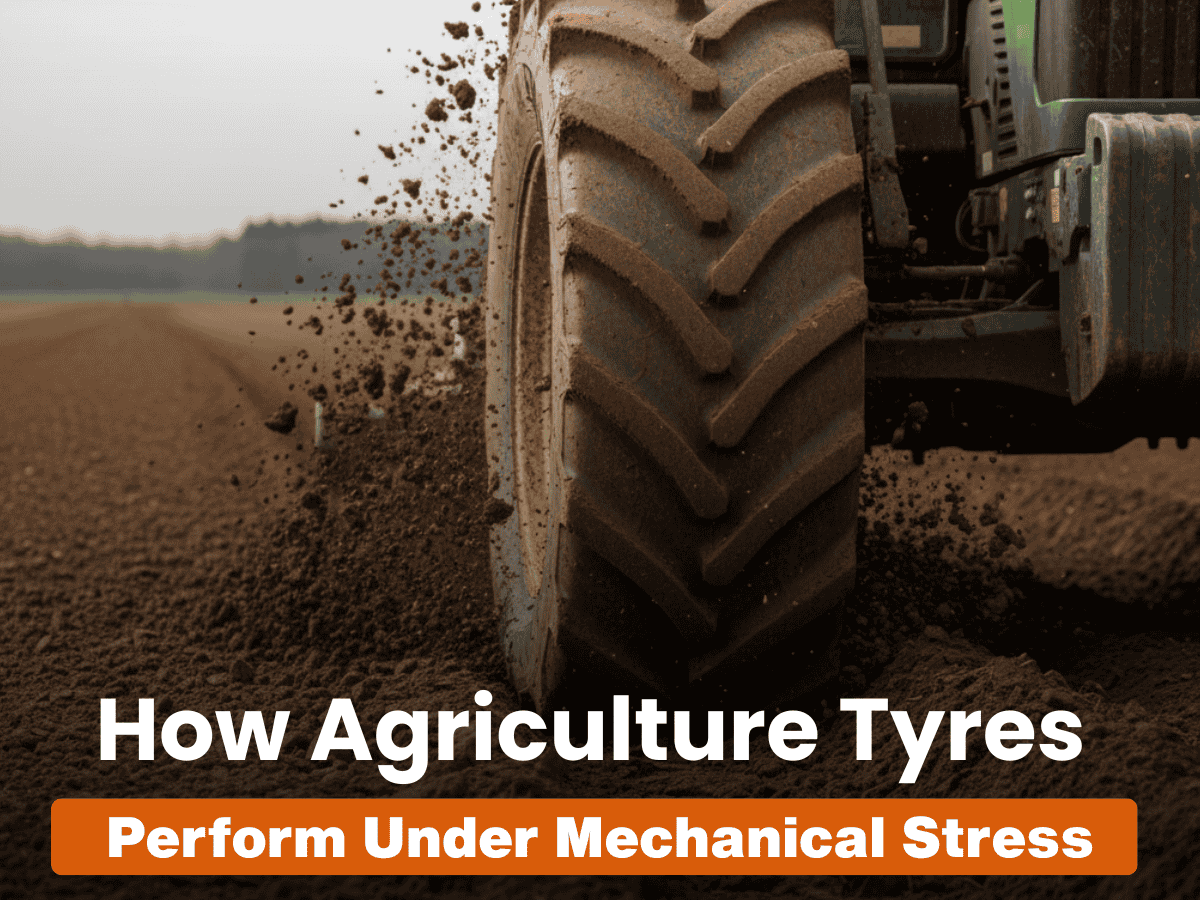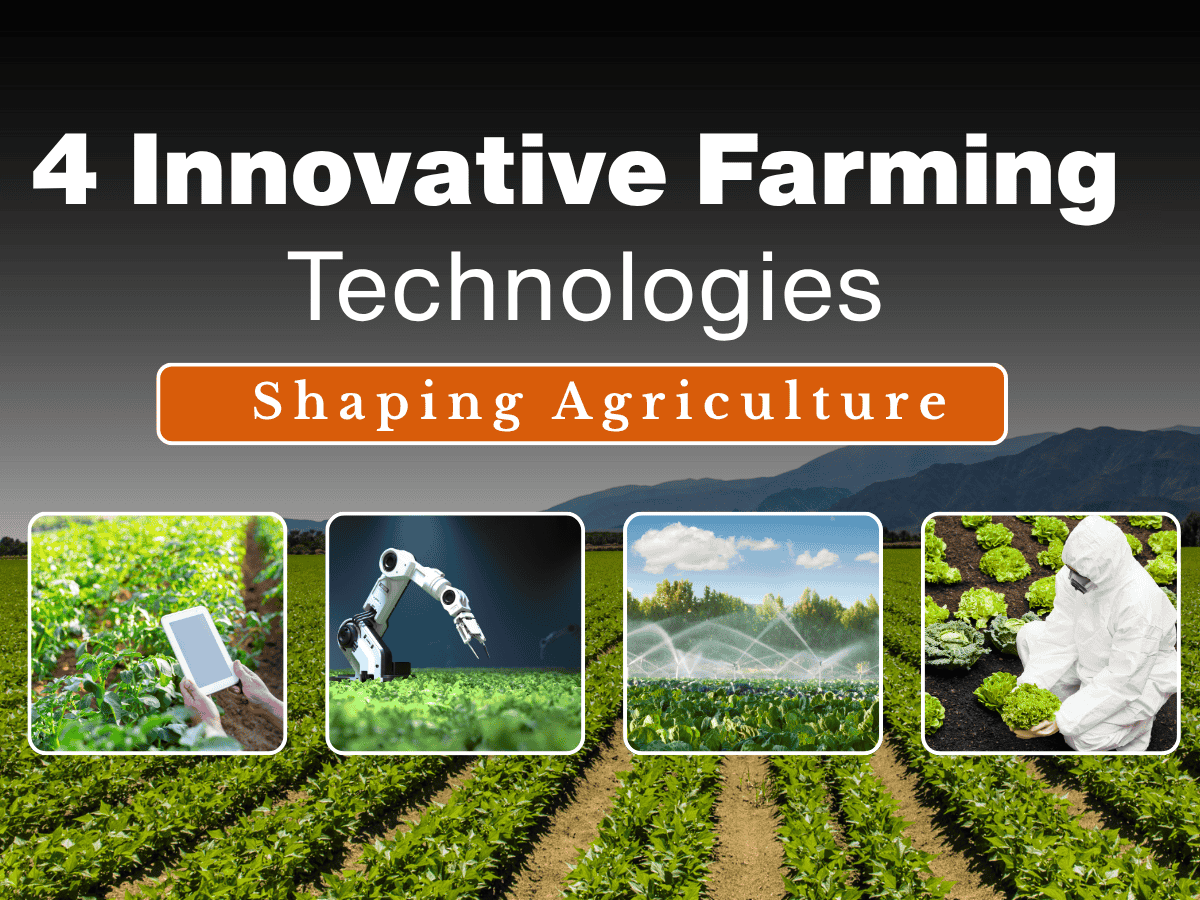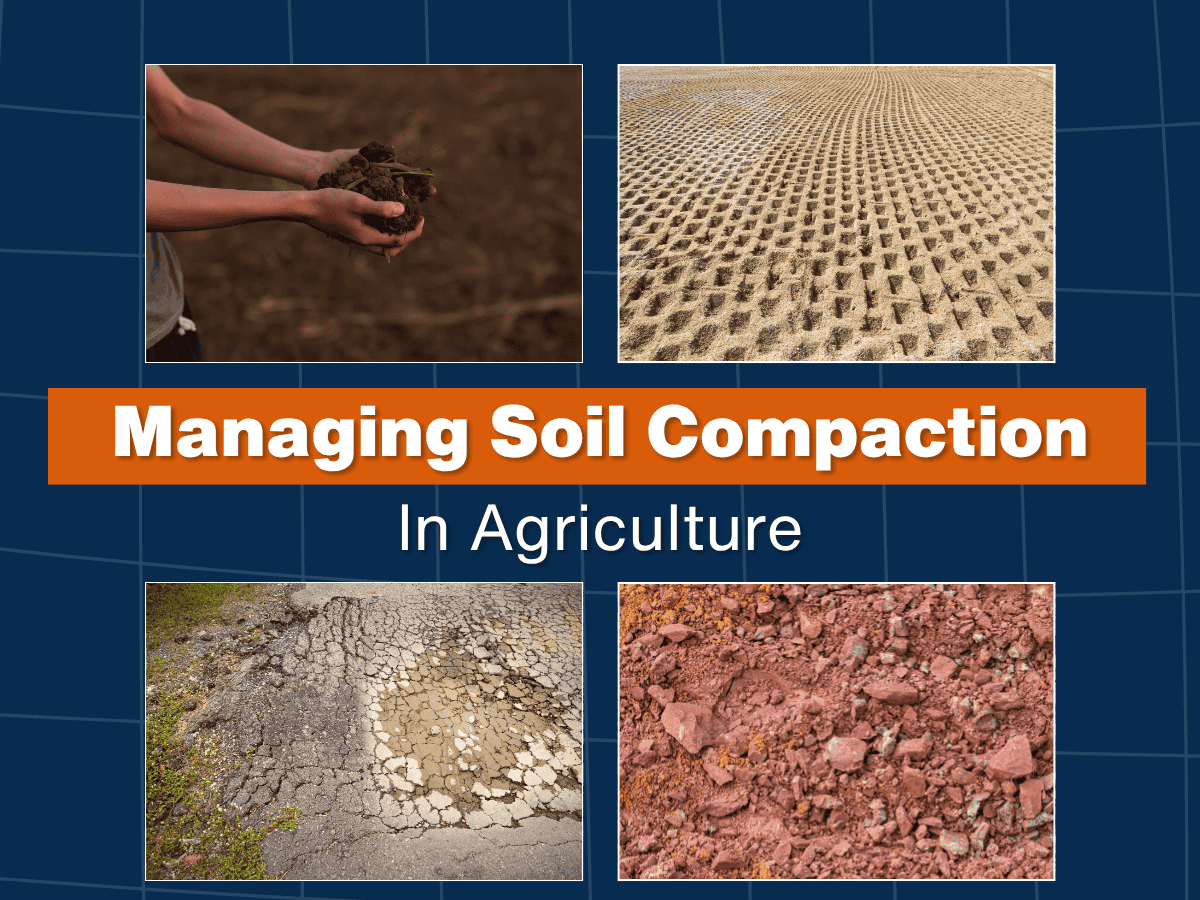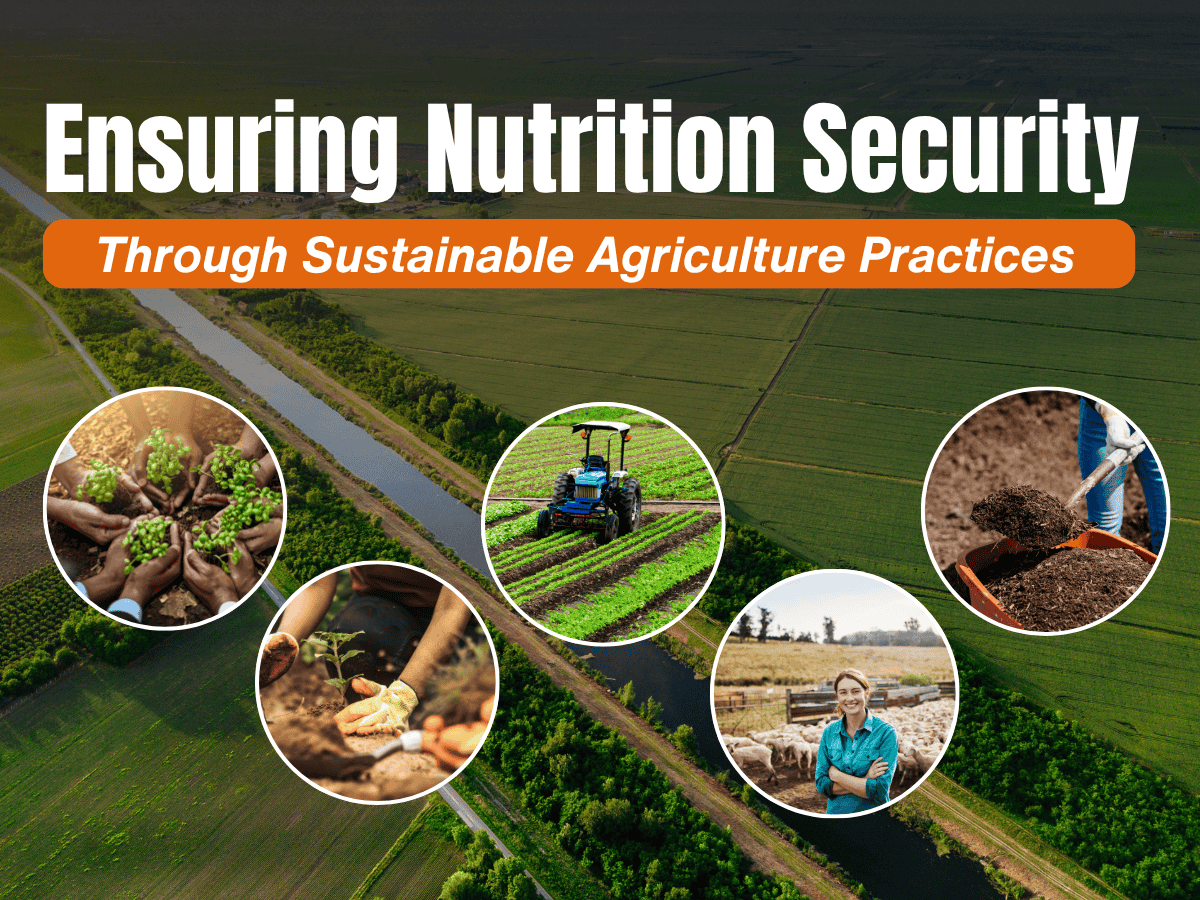ceat-speciality:blogs-tags/all,ceat-speciality:blogs-tags/agriculture
Emerging Farming Technologies: Four Innovations Shaping Agriculture
Sun, 15 Jun 2025 | PRODUCTS
Agriculture has always been at the heart of human civilisation, evolving with each technological breakthrough. Today, as global food demand rises and sustainability becomes a priority, emerging farming technologies are transforming traditional agricultural practices. These innovations are not just about increasing yield—they’re about efficiency, resilience, and future-proofing the industry.
In this blog, we explore four key innovations that are shaping modern agriculture: precision farming, automation & robotics, smart irrigation, and biotechnology.
1. Precision Farming: Data-Driven Agriculture
Precision farming leverages data, sensors, and AI-driven analytics to optimize agricultural processes. It enables farmers to make informed decisions about soil health, crop growth, and resource allocation.
What is Precision Farming?
Precision farming, also known as precision agriculture, is the practice of using technology to monitor and manage crop variability, ensuring maximum productivity with minimal waste.
Key Technologies Used in Precision Farming
- GPS-Guided Machinery – Ensures accurate planting, fertilization, and harvesting.
- Drones & Satellite Imaging – Provides real-time aerial insights for crop monitoring.
- AI & Big Data Analytics – Helps predict disease outbreaks, optimize irrigation, and improve soil health.
Benefits of Precision Farming
- Higher Yields: By analysing soil and climate conditions, farmers can maximize productivity.
- Reduced Costs: Targeted applications of water, pesticides, and fertilizers lower expenses.
- Environmental Sustainability: Less waste and fewer chemical applications reduce environmental impact.
2. Automation & Robotics: The Future of Farm Labour
As labour shortages persist, automation and robotics are stepping in to revolutionise how farms operate.
What Are Agricultural Robots?
Agricultural robots are machines designed to perform labour-intensive farming tasks autonomously, reducing dependency on human labour.
Types of Agricultural Robotics
- Autonomous Tractors & Harvesters – GPS-controlled tractors that plough fields efficiently.
- AI-Powered Weed & Pest Control Machines – Use computer vision to identify and remove pests without excessive pesticide use.
- Automated Greenhouse Systems – Regulate temperature, humidity, and nutrient delivery without manual intervention.
Benefits of Automation in Farming
- Increased Efficiency: Robots work faster and more accurately than humans.
- Cost Reduction: Fewer human resources required for repetitive tasks.
- Consistency: Eliminates human error in planting and harvesting.
3. Smart Irrigation: Water Management for Sustainability
Water scarcity is one of the biggest challenges in agriculture. Smart irrigation systems help farmers optimise water usage while improving crop health.
What Is Smart Irrigation?
Smart irrigation uses automated, sensor-based systems to regulate water distribution based on weather conditions, soil moisture, and crop needs.
Smart Irrigation Techniques
- Drip Irrigation – Delivers water directly to plant roots, reducing evaporation.
- IoT-Based Monitoring Systems – Sensors detect soil moisture and adjust irrigation accordingly.
- Weather-Based Irrigation Models – AI analyses weather patterns to determine water needs.
Why Smart Irrigation Matters?
- Water Conservation: Reduces waste by delivering precise amounts of water.
- Improved Crop Yield: Ensures plants get the right amount of hydration.
- Lower Costs: Reduces dependency on excessive water usage.
4. Biotechnology: Genetically Engineered Crops & Sustainable Practices
Biotechnology is revolutionising agriculture by developing high-yield, pest-resistant, and climate-resilient crops.
What Is Agricultural Biotechnology?
Agricultural biotechnology applies genetic engineering, molecular breeding, and microbiology to enhance plant and animal productivity.
Major Innovations in Agricultural Biotechnology
- Genetically Modified (GM) Crops – Engineered to withstand droughts, pests, and diseases.
- CRISPR Gene Editing – Fine-tunes plant genetics to improve nutritional value and resistance.
- Bio-Based Fertilizers – Sustainable alternatives to chemical fertilizers improve soil health.
How Biotechnology Is Transforming Agriculture?
- Food Security: Higher-yield crops combat global hunger.
- Environmental Benefits: Reduces the need for chemical pesticides and fertilizers.
- Resilient Crops: Helps farmers adapt to climate change and extreme weather conditions.
Conclusion
Agriculture is evolving at an unprecedented pace, thanks to precision farming, automation & robotics, smart irrigation, and biotechnology. These emerging farming technologies are driving efficiency, sustainability, and profitability while addressing global challenges such as labour shortages, climate change, and food security.
For farmers worldwide, adopting these innovations is no longer an option—it’s a necessity for a resilient future. As industry leaders like CEAT Specialty continue to support modern agricultural practices with advanced farm equipment, these advancements will shape the next generation of farming.

























